Follow Lilach
What is personal development and ways to improve your personal development skills
Are you looking for ways to improve your personal development skills and therefore, improve your life and reach the success you’ve always wanted to reach?
Personal development is very much a life-long process; there’s always room for improvement and there will always be ways to improve ourselves, whether it’s for personal or for professional reasons.
But the sooner you get started working on your personal development skills, the better prepared you’ll be to take on life – and master it until you’ve achieved all of the goals you’ve set for yourself and for your professional life.
That’s why in this blog post, I wanted to talk to you about what personal development is and the best ways to improve your personal development skills – starting right now.
What is personal development?
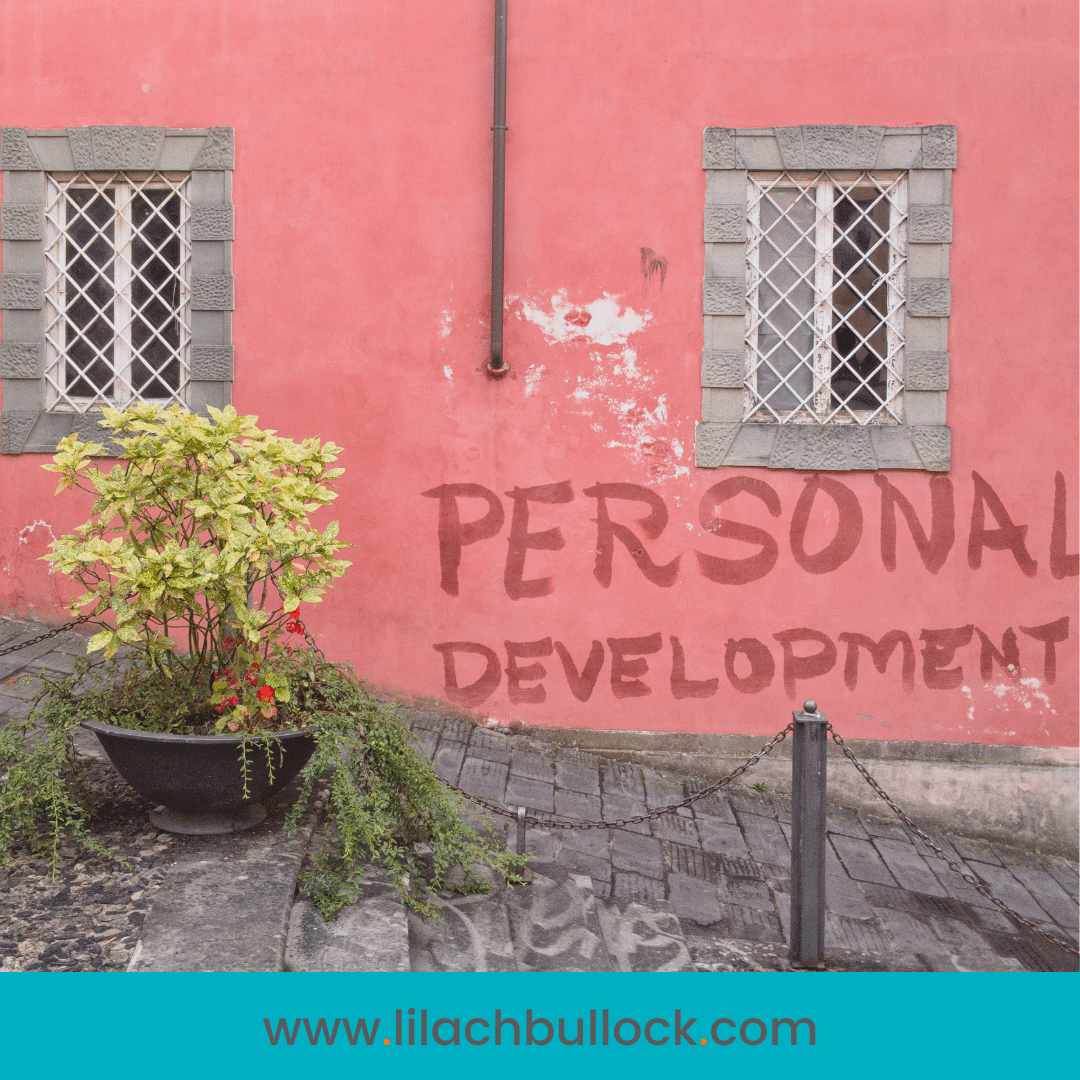
Personal development covers the skills and activities we use to improve our own lives, our personal and professional skills, improve our talents and, more generally, maximize our potential in life so that we can reach the goals we set for ourselves.
In other words, it’s a way to enhance our employability and build a happier and more fulfilling life.
As I mentioned earlier, this is a life-long process and something that we can constantly work on so that we can not only achieve more of what we want and need, but also be happier with what we have and where we are in our lives.
What are personal development skills?
Personal development skills refer to the skills that will help you set personal goals for yourself and achieve them.
In other words, it’s a way to develop skills that help you unlock your potential, grow your confidence, find the tools and resources you need in order to achieve your objectives and ultimately, grow your success both in your personal and your professional lives. Furthermore, personal development skills are the qualities, abilities and skills that you need to work in order to reach your full potential and be happier and more fulfilled with your life.
Most people work on their personal development skills to the same extent, albeit without knowing that that is, indeed, what they’re doing.
But when you make a conscious effort to improve yourself and your outlook on the way you lead your life, that is when you can truly achieve amazing things.
Why is working on your personal development skills so important?
Working on your personal development skills essentially means, quite simply, bettering yourself.
It means improving your existing abilities and talents and developing new ones; and by doing this – consistently – it will allow you to:
- Become more productive and efficient
- Reach your business goals faster
- Become more focused on your goals and objectives
- Increase your self-confidence and even your self-esteem
- Be happier and more fulfilled both personally and professionally
- Reach your career-related goals
Or, in just one sentence: it makes your life better.
The question now is… how do you develop your personal development skills so that you can become more successful?
Here are my best tips to help you improve your personal development skills:
Best ways to improve your personal development skills starting now
Set personal development goals – starting with the big picture

In order to work on yourself, you first need to identify what you want work on – and in order to do that, you need to know where you want to be.
What are your long-term goals? Write down everything you can think – no goal is too big or small, this is just an exercise to help you identify the objectives you most want to work on.
Perhaps you want to lose 30 pounds, grow your business or become a public speaker – it doesn’t matter how varied your goals are.
Once you know what these goals are, you can then identify the personal development skills you need to work on in order to reach your objectives.
For example, if you wanted to lose weight, then you could consider working on your discipline.
Or, if you wanted to grow your business, then you might work on your leadership skills, your communication, your confidence and work ethic.
And lastly, if you wanted to become a public speaker, then you would probably want to work on your confidence and your communication skills.
To give you an even better idea of the types of personal development skills you can work on, here are some of the most common – and useful – ones:
- Self-confidence
- Leadership skills
- Adaptability
- Communication
- Work ethic
- Productivity
- Discipline
- Interpersonal skills
Build a personal development plan
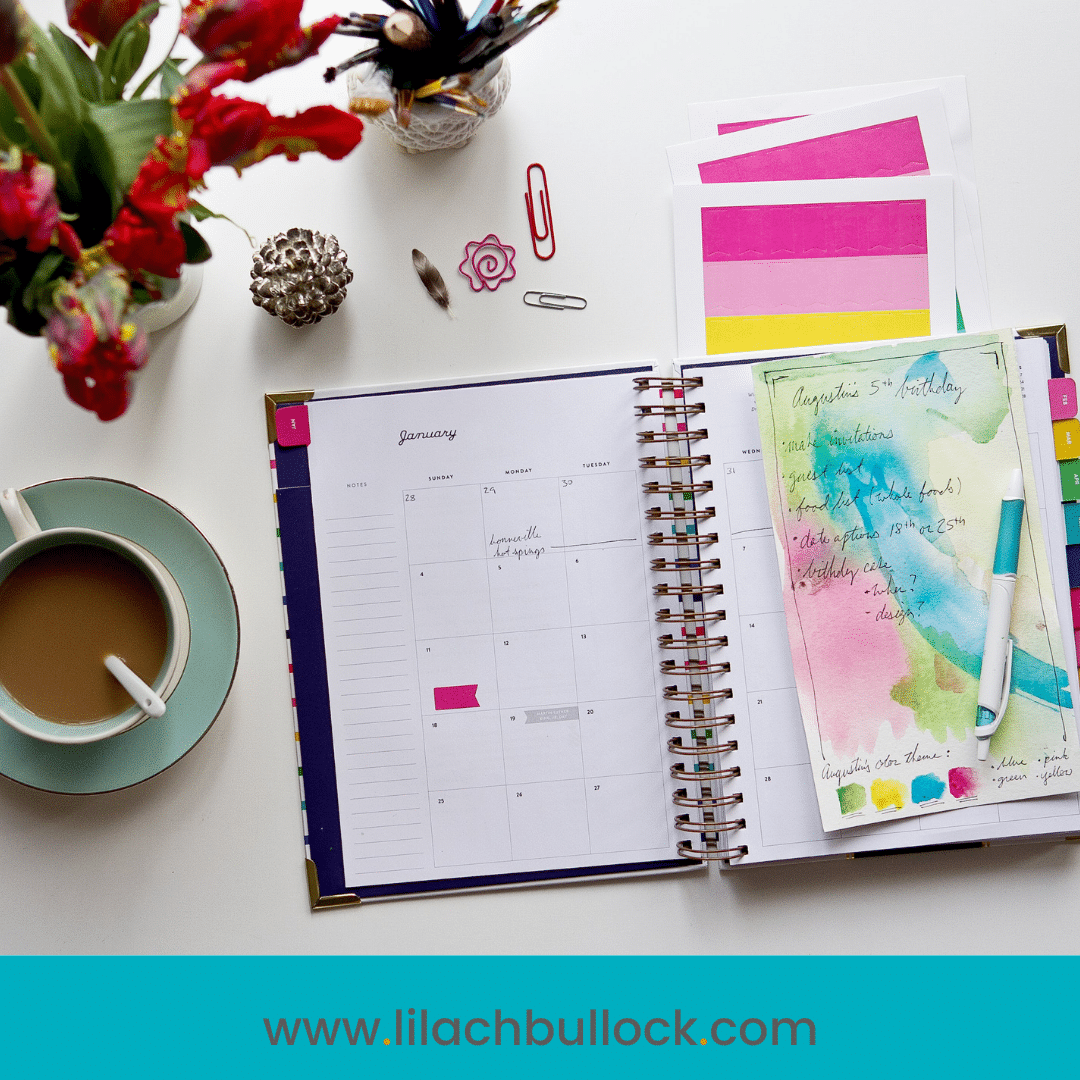
So, now you know what you want to achieve.
But how exactly do you get there?
Simple: you build a plan (I personally love planning: it gives you a very clear focus on what you need to do and it makes you more productive too.)
Psychology Today recommends 4 main questions that you need to ask yourself when building your personal development plan:
- What skills do you need to build in order to achieve your personal development goals?
- How will you build those skills?
- Why will you build these skills?
- When will you build your skills – what is your timeline and deadline?
Each question is important in its own way:
- First, you need to identify the specific skills you need to work on, based on your objectives
- Then, you need to think about how you’re going to build those skills; for example, if you wanted to improve your-self-confidence, you might work on your mindset and positivity, increasing your knowledge, and even on getting to know yourself better
- You also need to understand why you’re going to work on those skills: why does developing a specific skill matter to you? How will it improve your life or your business? How will this skill help you reach your broader objectives?
- Finally, you should also create a timeline for your skill development: when will you get started (my advice? Right that second and forget about “I’m going to start next Monday”) and what steps will you need to take? For example, you might set aside 2 hours every for reading to develop or improving certain skills, or progressively speaking in front of larger audiences in order to reach a goal of becoming a public speaker
Achieve a positive mindset
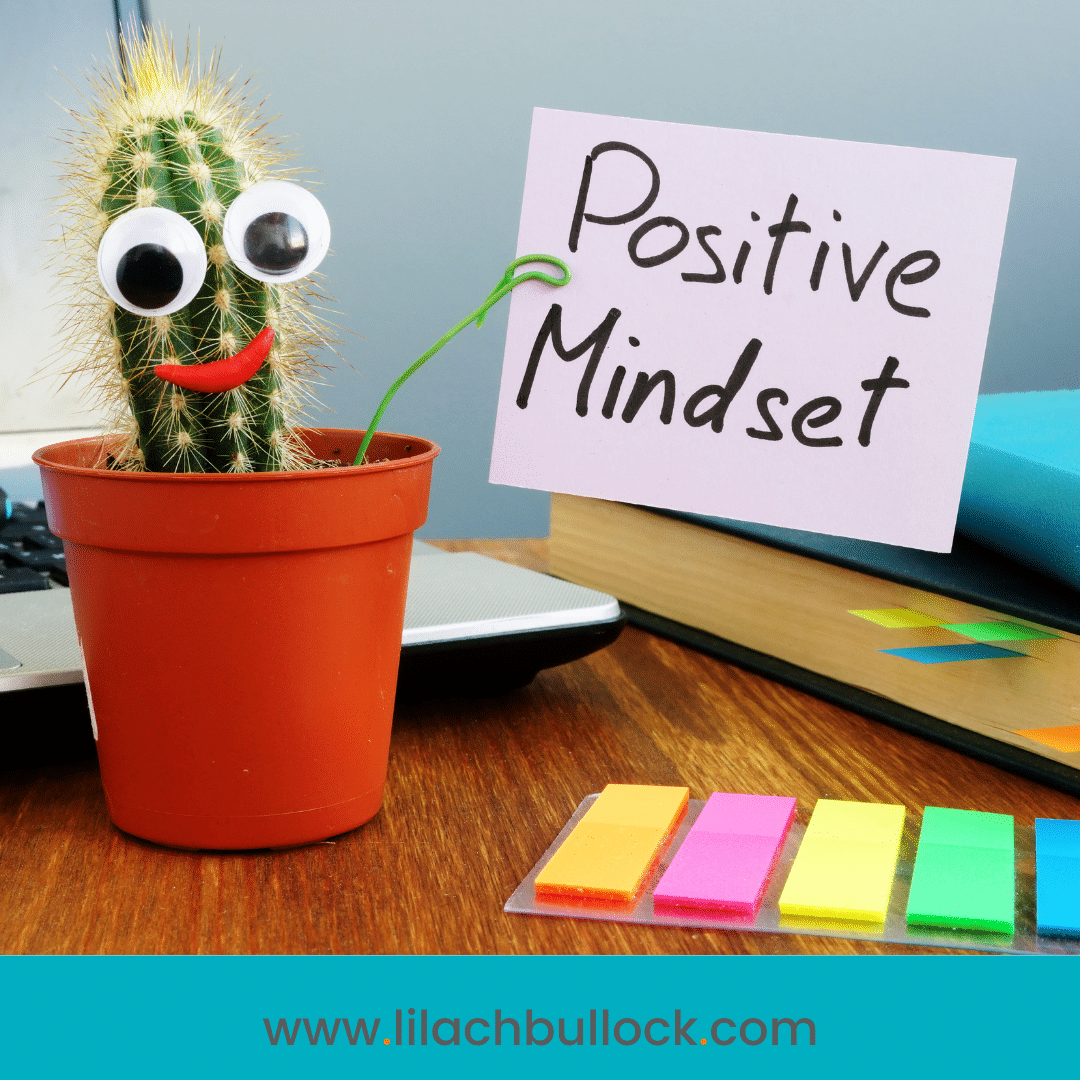
Having a positive mindset can increase your success rate when working on your personal development skills; when you’ve achieved a positive mindset you essentially focus more on the bright and good side of your life you also start expecting – and getting – positive results to come from your efforts, whether personal or professional.
And in the process, you also achieve two amazing things that will do wonders for your self-development efforts:
- You’ll be less stressed, which helps improve both your mental and physical health
- And you’ll be more productive with your time, so that you can work foster and relax more
As for how to achieve a positive mindset, here are a few useful tips that can make all the difference:
- Try to see the positive side in everything: and by “try”, I mean that you need to make a conscious effort to see the positive instead of the negative. You’ll need to watch over your thinking and your reactions so that you can “catch” your negativity and instead, make an effort to see the positive
- Another important way to work towards positivity is to remove negativity from other aspects of your life – as much as possible. The people you talk to, the conversations you have, the things you read online or see on social media – all of these things can potentially contain a lot of negativity and you should ideally, try to limit them as much as possible. That’s not to say that you shouldn’t take to certain people because they’re too negative or stop reading the news completely. Rather, it means that you need to identify the negative parts of your life and try to either remove them completely or simply find the right balance for yourself so that you’re not too influenced by all the negativity around you (for example, you can stop reading negative comments online, limit the number of times you check the news every day, decrease the amount of time you spend on social media and so on)
- Work on your mindset from the second you get up: think of the things you’re looking forward to (when possible, of course!), the things and the people that make you happy, the things you’re grateful for – basically, whatever works for you to get you feeling positive and ready to take on the day
Develop a growth mindset
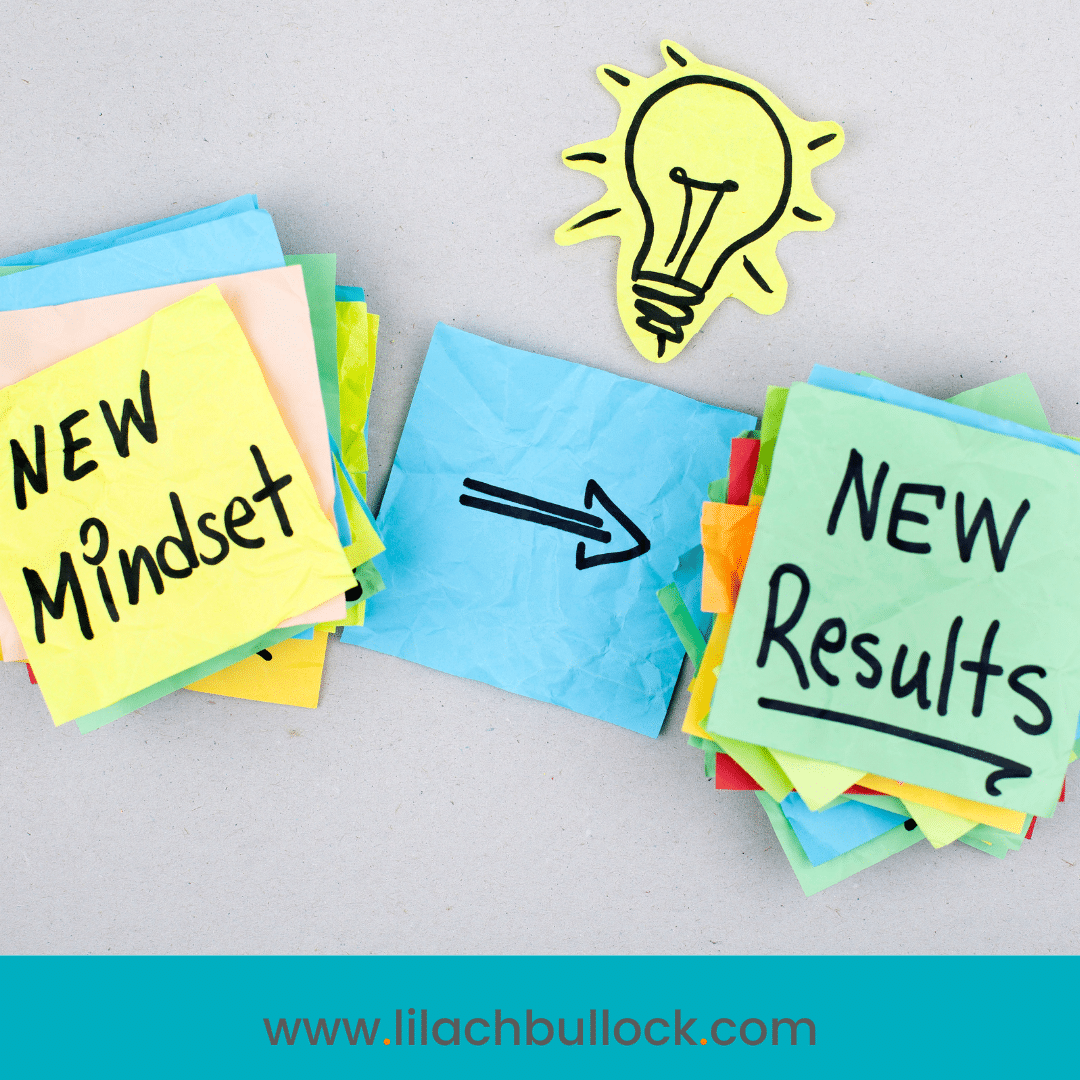
Aside from being more positive, another way that you can massively improve your mindset and your personal development skills, is to develop a so-called growth mindset.
What does that mean, exactly?
Quite simply, that you genuinely believe that you can grow: grow your skills, your knowledge, your talents and so on.
When you’ve achieved a growth mindset, you:
- Believe that you can always do better and be better
- Know that failure is not the end: it’s just an important step that takes you one step closer to success
- Always persevere, no matter how challenging your task is because you believe – and know – you can do better
- Won’t need outside confirmation as much, which increases your self-confidence
And this is something that can work wonders for your personal development skills and plan; when you truly know that you can be better, you’re ready to do whatever it takes to get there.
Here are a few tips to help you develop a growth mindset:
- Change the way you look at failure and mistakes: failing – and making mistakes – are natural and important steps that you will have to face on your way to success. Make a conscious effort to look at failure as a learning opportunity: because it truly is. And know this: every successful person has failed along the way. Everyone fails. The difference is if you get back up and keep fighting or give up
- Stop looking for outside approval: a big part of a growth mindset is knowing and having the confidence that you can achieve whatever you put your mind to. And if you need too much outside approval, that can really hurt your confidence in your abilities
- Learn to set goals for yourself – and work on them until you achieve the results you want
- Look at challenges as opportunities – this is another big part of a growth mindset because that is essentially what it requires you to do: constantly take on challenges so that you can improve yourself and your skills and reach more goals
Learn to think like an entrepreneur
Whether you’re actually an entrepreneur or not, entrepreneurial thinking is something that can make a difference to everyone’s lives.
And it’s not necessarily something you’re born with; in fact, it’s very much a skill that you can deliberately develop or improve.
But what does entrepreneurial thinking actually mean?
In broad terms, thinking like an entrepreneur means seeing things differently than other people do: thriving on challenges, having the ability to think creatively, taking true ownership of your life and your work, never giving up.
So yes, entrepreneurial thinking can be a hugely positive thing; but how do you develop this skill and this type of thinking and way of looking at life?
- Work on your self-confidence: entrepreneurs are confident in their abilities and their knowledge while also knowing that there is always room for learning and improvement
- Learn to be more decisive: being able to make decisions quickly and efficiently will help you be more successful and even less stressed. Start working on your decisiveness and stop thinking of what could’ve been
- Work on your resilience: entrepreneurs are resilient people; after all, they have to be like that in business, because in order to get to success, you need to fall down and pick yourself back up a few times along the way
- Become a bigger risk-taker: not in the sense that you should go bungee-jump right now or pour all of your savings into your latest business idea but rather, that you should learn to take more calculated – and even some less calculated – risks. Entrepreneurs see opportunities when others see risk: try to work on this important skill and when the time comes to take a risk, be decisive – is it worth the risk or not?
Never stop learning and growing your knowledge
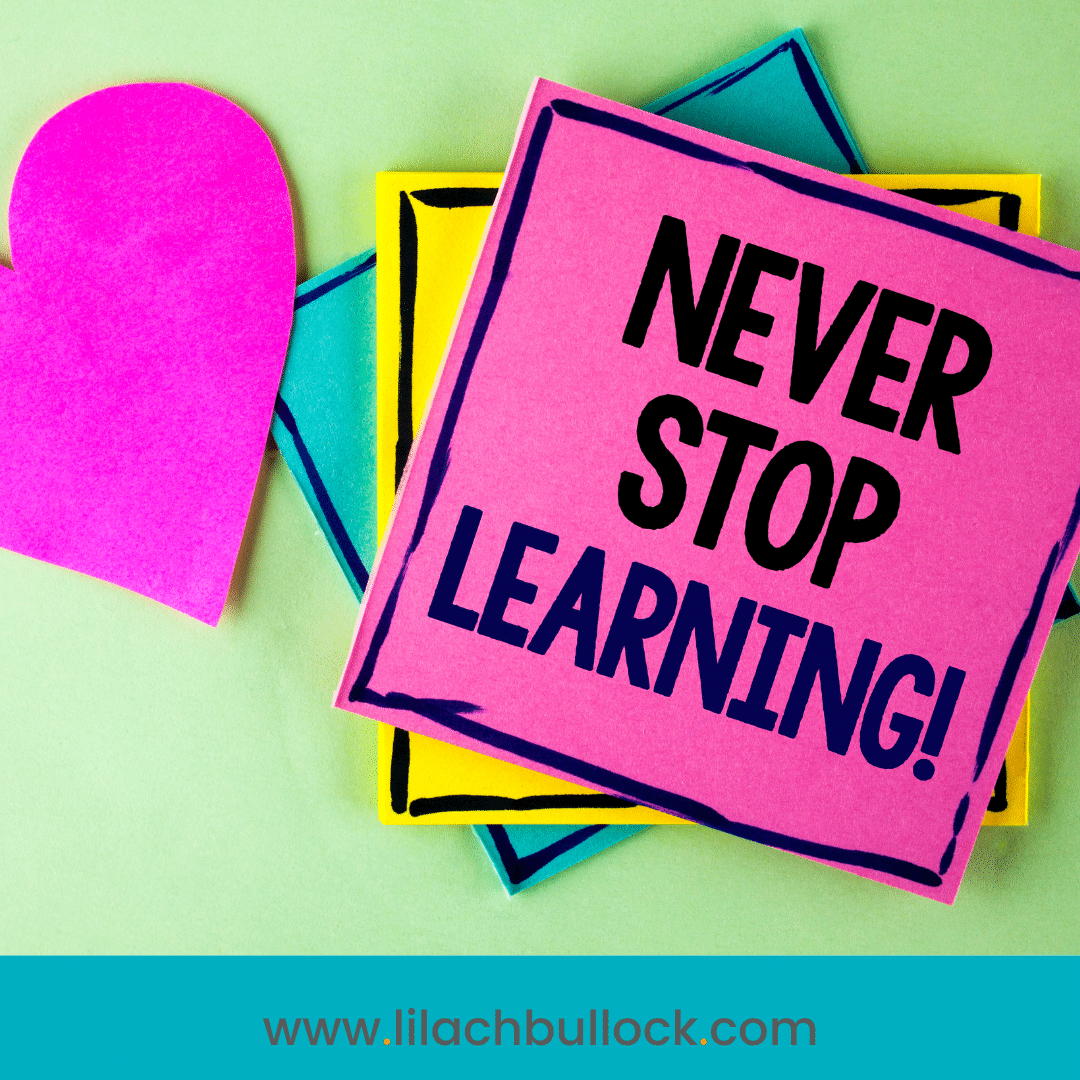
A huge part of personal development is, of course, learning.
After all, through learning and practice you learn and develop new skills, as well as hone your existing ones.
And you’re never too old or too knowledgeable to learn more.
My advice?
Develop a plan to learn new things or develop existing skills, every day:
- Set aside an hour or 2 each day for reading
- Take up a course – there are so many online courses readily available to anyone online so there’s no excuse not to leverage them to expand your knowledge, improve your skills or even learn a completely new skill
Work on your productivity skills
Your productivity can make a huge difference to your overall success in personal development; it’s an essential skill and one that can help you grow and improve yourself faster and more efficiently.
But how do you develop your productivity skills so that you can achieve more in less time?
Here are some of my best tips:
- Start by auditing your time to find out exactly how you spend your time, what is taking up too much of your time and where there’s room for improvement
- Set a daily schedule when you exclusively work on yourself: whether it’s reading, taking a course, setting goals for yourself, meditating, practicing a skill – whatever it is you want to improve, set time aside that you only use for this task
- Take regular breaks but only at set times so that you don’t procrastinate too much
- Set deadlines for yourself and keep them: make yourself finish in good time and motivate yourself using these deadlines
- Stop multitasking: it’s so tempting to do and you might even feel more productive when you do it. But the truth is, it’s likely taking you longer to finish those tasks and you’re increasing your chances of making mistakes; what’s more, especially when it comes to learning and developing skills, multitasking messes with your concentration and attention levels, which means you’re not going to get as much value out of your work
- Stop notification on your phone and computer: especially when you’re working on yourself. They only serve to distract you, make you less motivated to work and cut down on your productivity
Set milestones – and track your progress and results
In order to be as successful as possible when working on your personal development skills, you should track your progress and results consistently.
This helps you:
- Understand whether you’re on the right track to getting the results you want
- Motivate you to keep going, when you see that you are in fact making progress
- Discover whether you’ve achieved your personal development goal or not
In order to properly track your success, you need to first set personal development goals for yourself, along with setting milestones along the way so that you know exactly what you need to look for in order to gauge success.
Check out my ultimate goal-setting guide here to see exactly how to set goals for yourself and how to measure them.
Conclusion: Keep going!
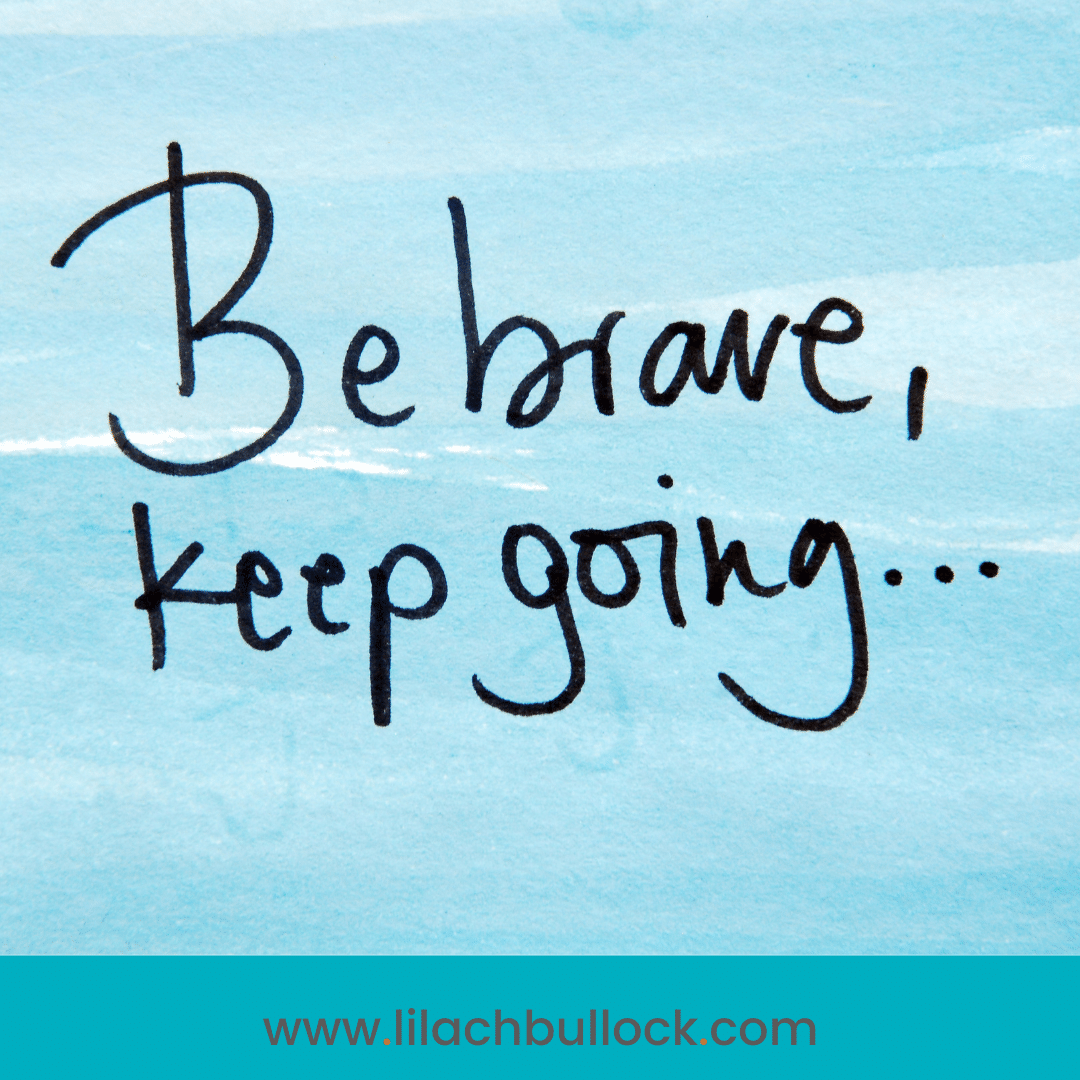
As I mentioned in the beginning, personal development is very much a life-long process: something that you need to keep working on as there are always ways to improve oneself.
Look at your past successes to motivate yourself to take on new challenges and keep going: learn more skills, improve existing ones and keep growing as a person, both on a personal level and a professional one and become happier and more successful.

Follow Lilach















